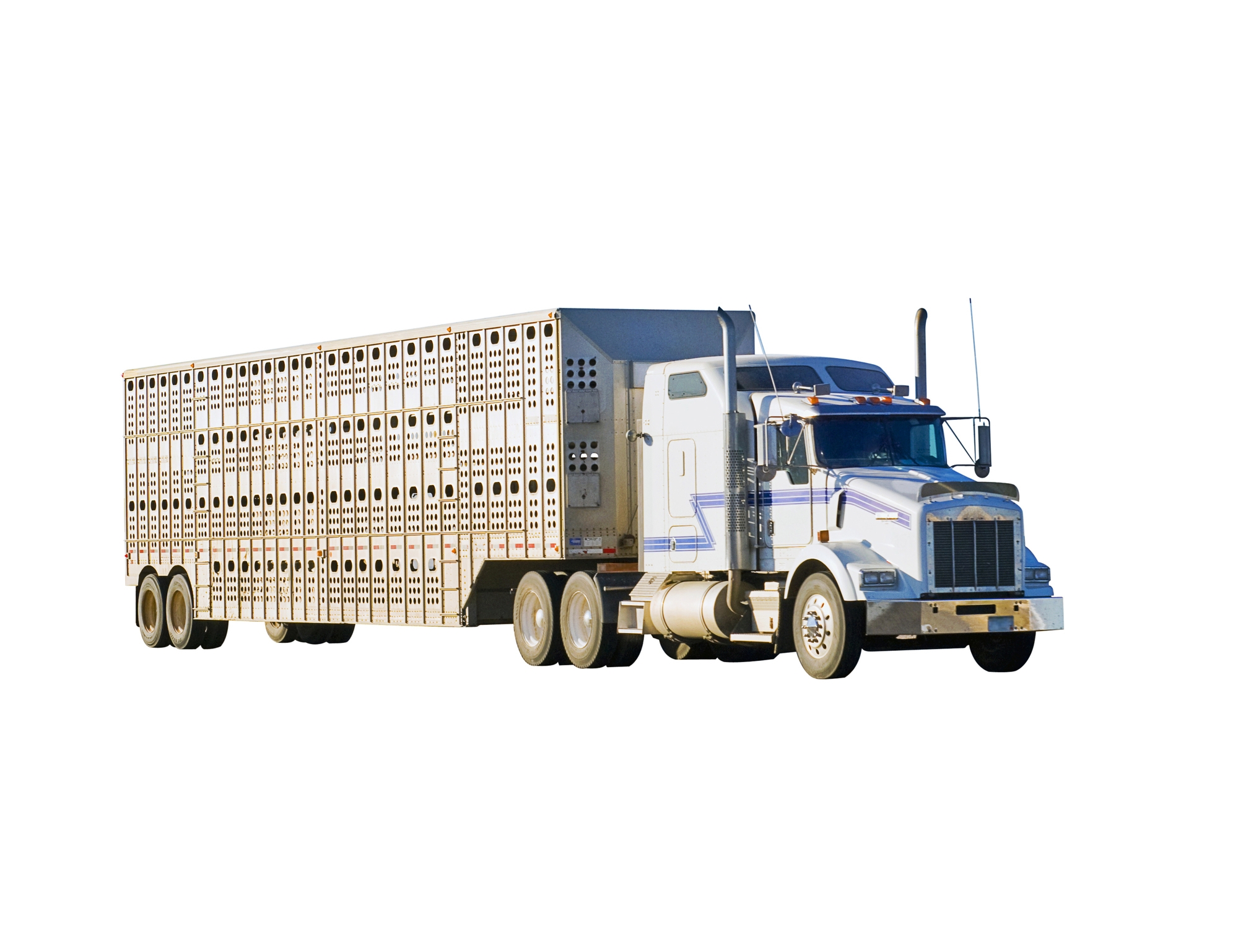
If you want to be an agricultural truck driver, there are certain things you need to know. While transporting livestock or agricultural equipment can be rewarding, you don’t want to make a costly rookie mistake. You also should understand the FMCSA agricultural exemption and determine whether you need a CDL for food semi drivers.
Here are five common mistakes made by rookie agricultural truck drivers. There are also some tips for avoiding these pitfalls.
Failure To Understand CDL and FMCSA Regulations
In general, a driver is required to obtain a commercial driver’s license if he or she is driving a vehicle with a gross vehicle weight or gross vehicle weight rating of at least 26,001 pounds. A CDL is also required for trailer and truck combinations with a gross combination weight rating or GVWR of at least 26,001 pounds, plus a towed unit with a GVW or GVWR of more than 10,000 pounds.
The FMCSA Agricultural Exemption
An agricultural truck driver may be subject to certain exemptions from the Federal Motor Carrier Safety Administration. If you are transporting livestock or bees, you do not have to take the 30-minute break typically required by Hours-of-Service regulations.
Meanwhile, covered farm vehicles operated by a farmer or an employee of a farmer may be exempt from both HOS and CDL regulations, regardless of how heavy the vehicle is. The exemption applies to vehicles being operated within the state it was registered in or within a 150-air mile radius of the ranch or farm. So a CDL for food semi drivers may not always be necessary.
Those who transport farm commodities or supplies during harvesting and planting season may also qualify for an HOS exemption if they are traveling within a 150-air mile radius of the distribution point or source of the goods. The FMCSA website has more information on these exemptions.
Failure To Follow Safe Driving Practices
Your first time on the road as an agricultural truck driver can be overwhelming. But you cannot let this feeling impact your decisions on the highway.
Driving a big truck is different from driving a regular car or even an SUV. Trucks do not slow down or stop as quickly as smaller vehicles do, so you must give yourself plenty of space and start decelerating well before your highway exit.
You also cannot forget about the trailer that you are pulling behind you. If you are not careful, you could cause damage to the trailer or neighboring vehicles. Even if you have truck insurance, this damage could be costly.
Failure To Stay Calm Near On-Ramps
On-ramps can appear scary for a new agricultural truck driver. When you see a car coming on the ramp, your first instinct may be to panic and change lanes so the car has more room.
Your best bet is to stay put. After all, your truck moves relatively slowly, and it won’t take long for the cars on the ramp to get to the proper speed.
Failure To Heed Advice From Experienced Drivers
You cannot be afraid to ask for help as a rookie agricultural truck driver. There are strategies and techniques that can only be learned with experience. Make sure to listen to any advice the veterans give you, and don’t hesitate to pick their brains.
Failure To Prepare
You do not want to get stuck on the road for hours with limited food or supplies. Makes sure to set aside at least $100 per week for cost-of-living expenses. To save money, consider shopping at a supermarket for groceries instead of just grabbing snacks at a truck stop.
If you enjoy driving and don’t mind a life on the road, then you should consider a career as an agricultural truck driver. You will likely qualify for the FMCSA agricultural exemption, so you may not have to worry about HOS regulations. Just make sure to follow the above advice to avoid looking like a fool during your first days on the job.
